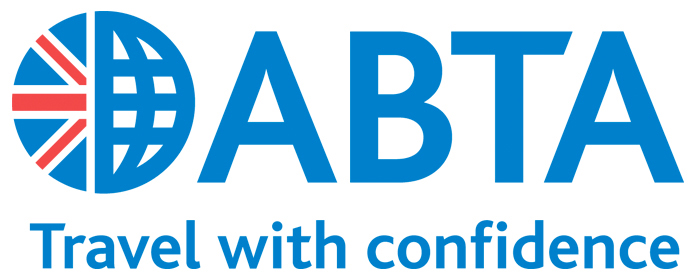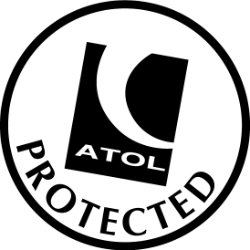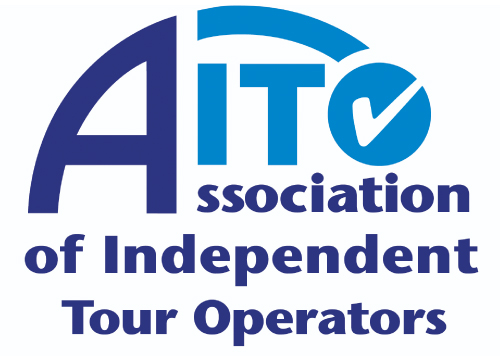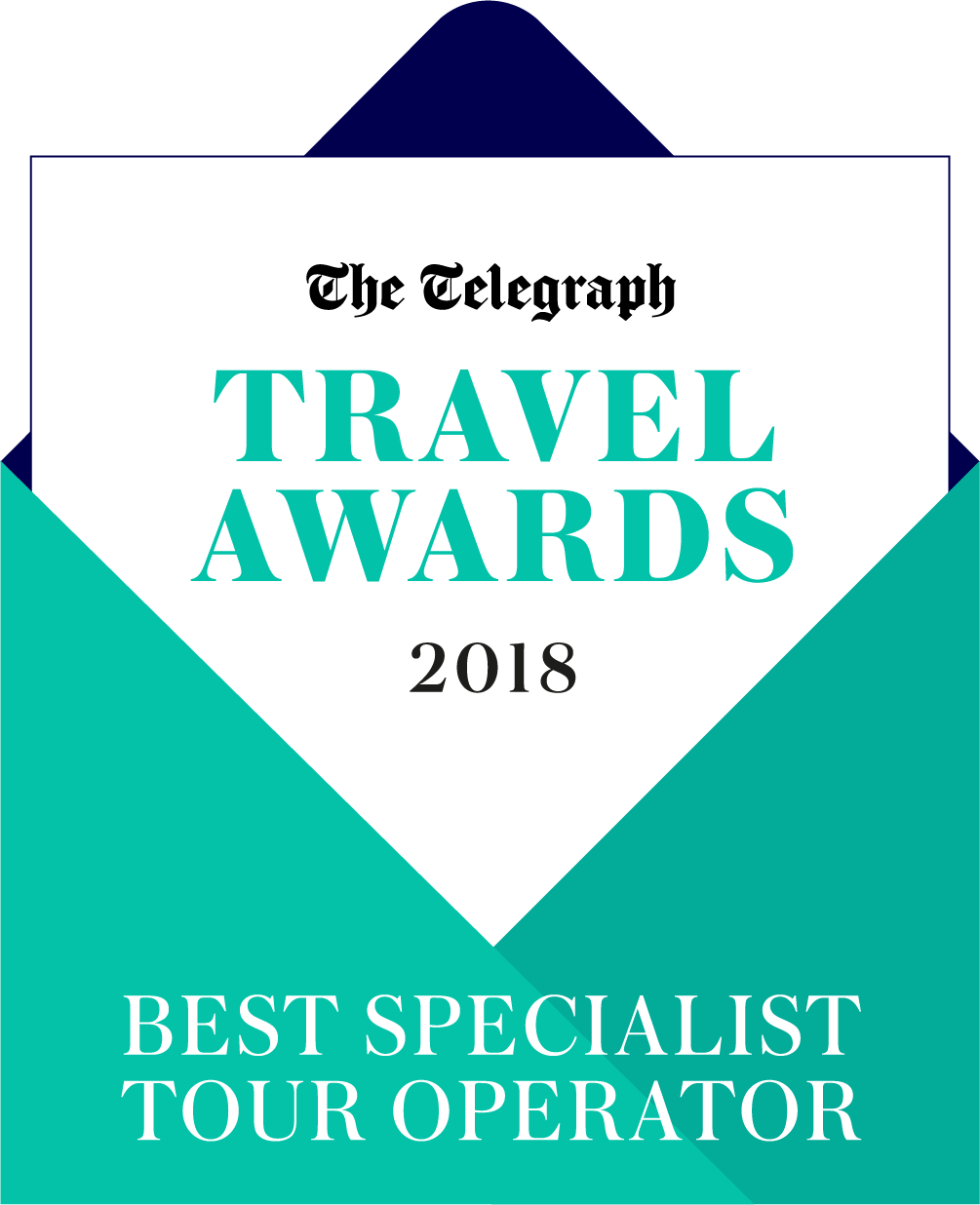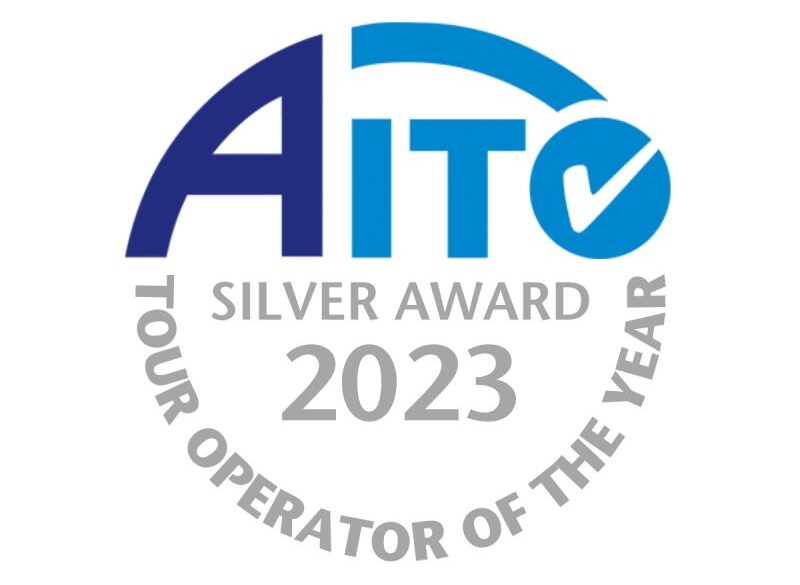Entry Requirements
British nationals can enter Namibian borders without a visa when they plan to visit the country for a holiday or private purposes. You can stay in Namibia for up to 90 days under the visa-free regime, provided you have a valid British Citizen passport.
Note: Once you arrive in Namibia, immigration officials will check the purpose of your visit and grant you permission to stay for periods, which can be shorter than 90 days, although the maximum allowable period is 3 months. Therefore, once you leave the immigration desk in the airport arrivals hall, remember to check the span for which you have been permitted to stay in the nation.
Your passport mus be valid for a minimum of six months beyond your intended departure date and with two blank consecutive pages.
Note: Sometimes, travellers decide to include both South Africa and Namibia in their itinerary. So, if you are planning to visit South Africa as well during the same trip, we would advise you to maintain at least 3 unused visa pages on your passport.
Malaria
Malaria within Namibia is encountered mainly in northern Namibia and a Malaria prophylactic is recommendations for travellers, before, during and after your visit. Please consult a medical professional regarding which prophylactics will be suitable for you. In addition, please take precautionary measures to reduce the risk of being bitten by mosquitoes. Use insect repellent, sleep under a mosquito net and wear long-sleeved shirt and long trousers with closed shoes in the evenings.
Vaccinations and Yellow Fever
For all vaccinations, please consult a medical professional at least six weeks before your date of departure.
Food & Water
Hotels, camps and lodges should provide either bottled water or filtered water for drinking. Please do not drink the tap water. Avoid food and drink from backstreet vendors. Under no circumstances should you bathe in rivers or lakes.
Money
The currency in Namibia is the Namibian Dollar (N$), which is fixed to and therefore equivalent to the South African Rand (ZAR). Bank notes : N$ 200, N$ 100, N$ 50, N$ 20, N$ 10. Coins : N$ 10, N$ 5, N$ 1, 50 Cent, 10 Cent and 5 Cent. The Namibian Dollar and South African Rand are the only legal tender in Namibia and can be used freely to purchase goods and services. The Namibian Dollar, however, is not legal tender in South Africa.
Traveller’s cheques and foreign currency can be exchanged at any of the commercial banks, which are well represented throughout the country. Visitors may bring any amount of foreign currency into the country.
Credit Cards
International Visa and MasterCard credit cards are generally accepted throughout Namibia. Holders of other cards are advised to clarify with a commercial bank whether their card is acceptable in Namibia. Visitors may bring any amount of foreign currency into the country. Further information and assistance can be obtained from any commercial bank in Namibia.
Climate
Winter
The winter months are typically mild to warm. In the evenings, at night and early mornings it can cool down pretty much, therefore a warm sweater or jacket and long trousers are essential. The weather conditions on the coast can be very cold and windy, so warm clothing and a wind jacket is advisable too.
Summer
Cotton, which is cooler than synthetic material, is recommended for the Namibian summer and can be purchased in shops in Windhoek, which specialize in Safari clothing.
Clothing
Modest clothing is advisable in the bigger towns and cities in Namibia, however in the lodges and camps and on the beaches at the coast, it is perfectly fine to wear shorts and shirts or beachwear. Generally speaking, light layers of clothing in neutral safari colours of green, khaki and beige are the best items to bring with you, as well as a warmer jacket or fleece for the colder evenings. A hat is also a must have. Dark colours such as navy or black can attract tsetse flies and are best avoided, as are bright colours like yellow, red and purple if you are going on safari.
What to pack
- Bush-Hat (if possible no flashy colours/shapes)
- Comfortable walking shoes/boots
- Swimwear
- Camera equipment and plenty of film/memory sticks
- Binoculars
- Southern African bird guide
- Sun-hat
- Good quality sunglasses – preferably polarised
- Sun-tan lotion
- Towel
- Moisturising cream
- Lip-Ice
- Insect repellent
- Tissues/”Wet Ones”
- Torch
- Medical kit: aspirins, plasters, antiseptic cream, Imodium, Anti-histamine cream
- Visas, passports, money, etc.
- If you wear contact lenses, we recommend that you bring along a pair of glasses.
Keeping in touch
Email, internet and fax facilities are available in the bigger towns and at major hotels. City hotels will also have an international dialling service. Some of the lodges and camps may have limited internet access but this is not always guaranteed, and most will not have cell phone signal.
If you intend to stay for a longer period of time in Namibia, our advice would be to buy a local sim card, which you can top up with local currency. SIM cards for mobile phones are available in supermarkets, post offices and Teleshops (e.g. MTC or Telecom). However, we also recommend that you enjoy the bush and forget about time and all modern ways of communication.
Electricity
Namibia operates on a 230V supply voltage and 50Hz. There are two associated plug types, types D and M. Plug type D is the plug which has three round pins in a triangular pattern and plug type M is the plug which has three round pins.
Outlets for electrical shavers (250V) are available in all bigger hotels, as well as government rest camps. For travel in remote areas we recommend to take battery-powered or hand razors.
Tipping & Gratuities
We must stress that tipping is not compulsory or expected; rather it is an extra reward for excellent service. If you are pleased with the service you receive you are more than welcome to tip your guide or the staff in the various lodges and camps. As a guideline for tipping your guide and the staff, you can leave between N$150 to N$230 per traveller per day.
Tipping is usually done at the end of your safari and most lodges and camps have a tip box in the main area. You may tip the staff individually, place a tip for all the staff in the box, or do both. Tips can be made in Namibia $, US$, Euros or Pound.
General information
- Lock all valuables in the trunk of your vehicle and keep everything out of sight. If possible keep valuables in the safe of the hotel.
- Please keep medication that you might need to take urgently in your handbag.
- Please take note that some distances are rather far. Therefore check on tyres, spare tyres, and oil level on a regular basis. Fill up your car as often as possible. Remember to take along enough refreshments. The distances are far and temperatures high!
- Please bring along enough cash, since petrol stations do not accept credit cards.
- Please remember to return your room key on departure and settle the bill for drinks, postage, telephone, laundry etc.
- In the Etosha National Park (except for the camps) you are not allowed to leave your vehicle nor the demarcated roads. Shops in the park supply basic goods only. Medication etc. would have to be ordered, which could take a couple of days.
- First-Aid kits are NOT included with your rental vehicle, but can be purchased at pharmacies.
- Charter flights in small aircrafts: Luggage restriction of 20kg per person (in soft bags!)
- Foreign currency may be exchanged at banks and many hotels. Currency: Namibian Dollar (N$), the South African Rand is also legal tender (ZAR). EURO/ MASTERCARD and VISA are generally accepted (American Express and Diners not necessarily!).
- Daytime temperatures are hot (extremely hot in summer) and nights are cold, some areas frequently go below freezing in winter. There are at least 300 sunny days per year!
- Please check carefully regarding entry- and visa requirements.
- Speed Limit: Urban areas – 60 km/h, Tarred roads outside urban areas – 120 km/h, Gravel roads outside urban areas – 80 km/h
(CAREFUL! LEFT HAND DRIVE!)
Luggage on air transfers
- Luggage, including camera equipment and hand luggage, is restricted per person travelling on seat rates to 20kg in Namibia.
- Only soft bags will be accepted – no hard suitcases or bags with wheels can be transported as they physically cannot fit into the aircraft.
- The maximum dimensions of the soft bags which can be accommodated are as follows: 25cm wide x 30cm high and 62cm long. Please keep in mind that the baggage compartments on the light aircraft are only 25cm high, so the pilots must have the ability to manipulate the bag into the compartment.
- Passengers weighing 100kg or more, must please advise us in advance as an extra seat must be purchased for safety and comfort.
These luggage restrictions appear minimal however please bear in mind the following:
- Most safari camps / lodges and hotels provide basic toilet amenities,
- Laundry can be done on a daily basis (many camps provide this service free of charge but hotels do charge a nominal fee).
- Mainly casual clothing is required.
As no formal clothes are needed throughout most of southern Africa, we recommend that you limit your luggage to the basics. More formal attire is usually required only when staying in the more prestigious city hotel establishments or on any of the luxury trains. On a wildlife safari, casual clothing is the order of the day. See ‘What to pack’
You can find more detailed information about travelling to Namibia here as well.
